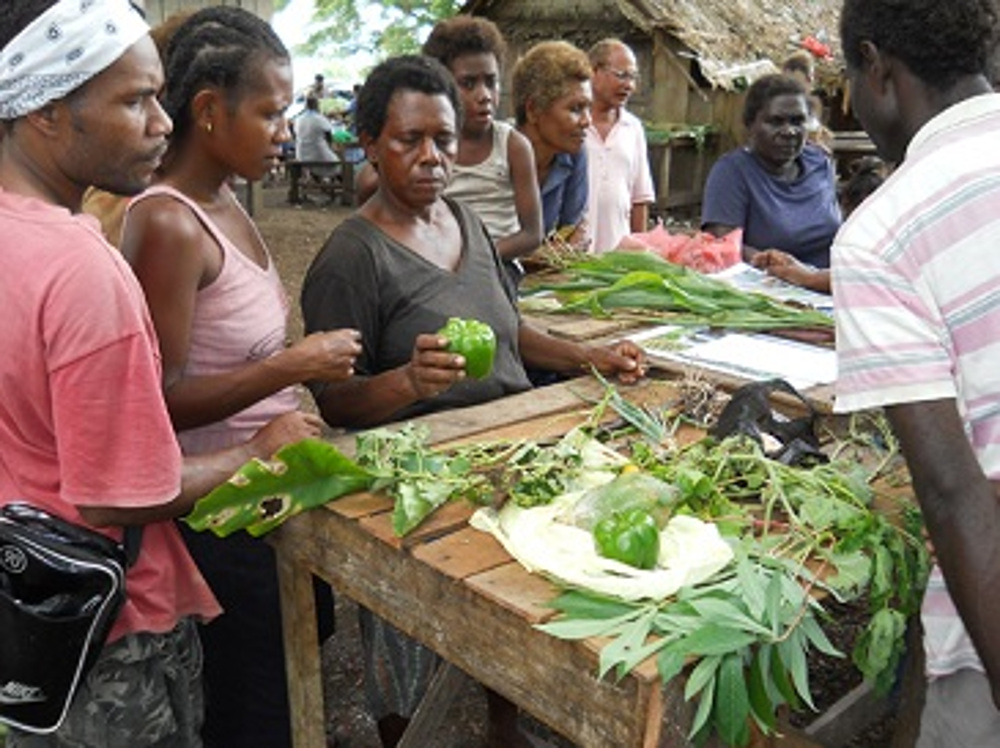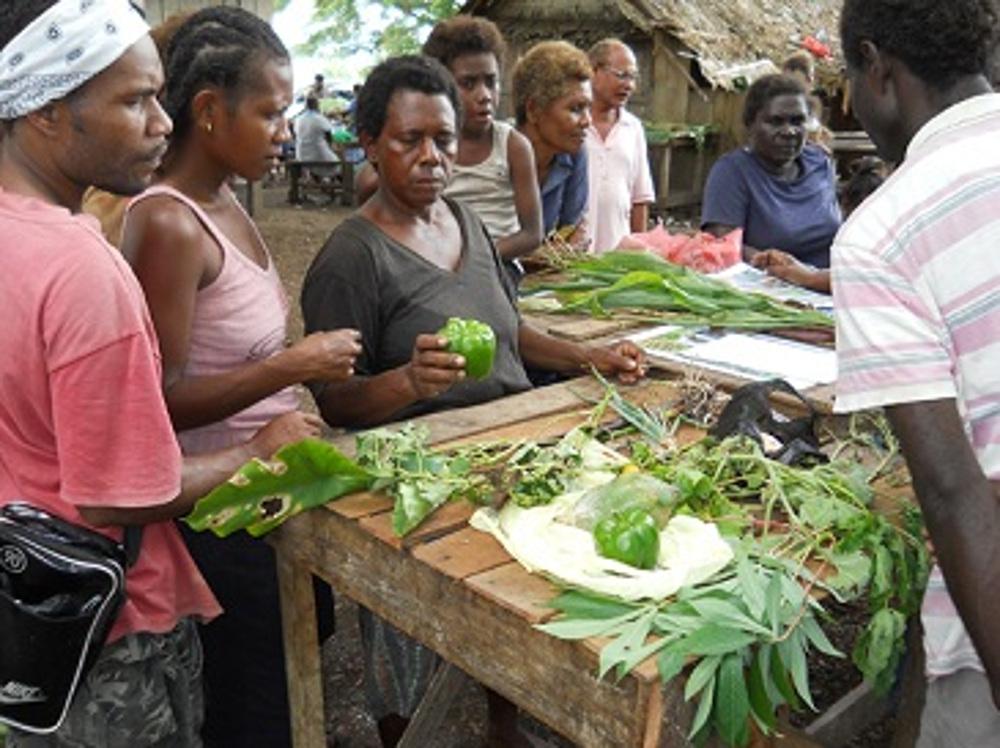 The Secretariat of the Pacific Community (SPC) is at the forefront of preventing unwanted pests and diseases from reaching fragile Pacific communities, working with development partners to strengthen national biosecurity services.
The Secretariat of the Pacific Community (SPC) is at the forefront of preventing unwanted pests and diseases from reaching fragile Pacific communities, working with development partners to strengthen national biosecurity services.
Biosecurity officers from five Pacific Island countries and territories – French Polynesia, Kiribati, New Caledonia, PNG and Tokelau – will on Friday complete three weeks of capacity-building training on conducting pest risk assessments and preparing market access submissions.
The training (9-27 March) at SPC’s Land Resources Division offices in Nabua, Suva, is a first South-South cooperation in the Pacific focusing on sanitary and phytosanitary measures, and implemented through SPC’s strategic partnership with the New Zealand Aid Programme.
The Deputy Director of the Land Resources Division, Dr Ken Cokanasiga, said that smallholder farmers in the Pacific are increasingly responding to export market demands by establishing commercial farms of major export products.
“The challenge now is to identify export markets, develop market access, improve export pathways, value-adding and post-harvest processing, making our products more biosecurity-friendly.”
“The associated high risk of unwanted introductions continues to be a huge challenge to member countries and thus the need to adhere to International Standards to ensure facilitation of trade with minimal pest and disease introduction,” said Dr Cokanasiga.
The participants visited technical biosecurity facilities in Suva to learn about relevant biosecurity issues related to trade.
Burangke Tabeibeti, of Kiribati, said the knowledge gained from the training will help him make a case to relevant authorities on the importance of becoming a contracting party to the International Plant Protection Commission.
Andy Yombo, a senior epidemiologist with Papua New Guinea’s National Agriculture and Quarantine Inspection Authority, said his country did not yet have a market access working group to conduct trade-related import risk assessments.
“PNG has a growing, robust export trade sector. The training has strengthened our resolve to establish a market access working group to conduct proper pest risk assessments, and to strengthen our pest list database.
“Another aspect raised in the training is food safety and the farm-to-fork value chain involving certification of producers and processors. We will work to strengthen our partnership with the Ministry of Health to share knowledge on food safety,” said Mr Yombo.
New Caledonia’s Ludivine Sariman, a plant protection officer for SIVAP, said New Caledonia biodiversity needs protection from unwanted pests and diseases with increasing food imports and trade. Ms Sariman said they work very closely with stakeholders and importers on pest risk assessments and sharing knowledge on risks posed by plant pests.
“We want to tell our importers we are not here to stop trade but to find appropriate measures to reduce risks to an acceptable level,” she said.
Tokelau Head of Environment Division, Kelemeni Navucu, said undertaking pest risk assessments for imports was critical for Tokelau.
“When I return home I will coordinate training and awareness raising on biosecurity issues with stakeholders on the importance of pest risk assessments.
“The aim is to stop new pests at their source before reaching the shores of Tokelau. I will also discuss with proper authorities the need to review our biosecurity legislation to reflect changing times and in line with international biosecurity agreements,” Mr Navucu said.
Media contact:
Emil Adams, PAPP Information and Communication Management Officer, [email protected], or +679 7263969
